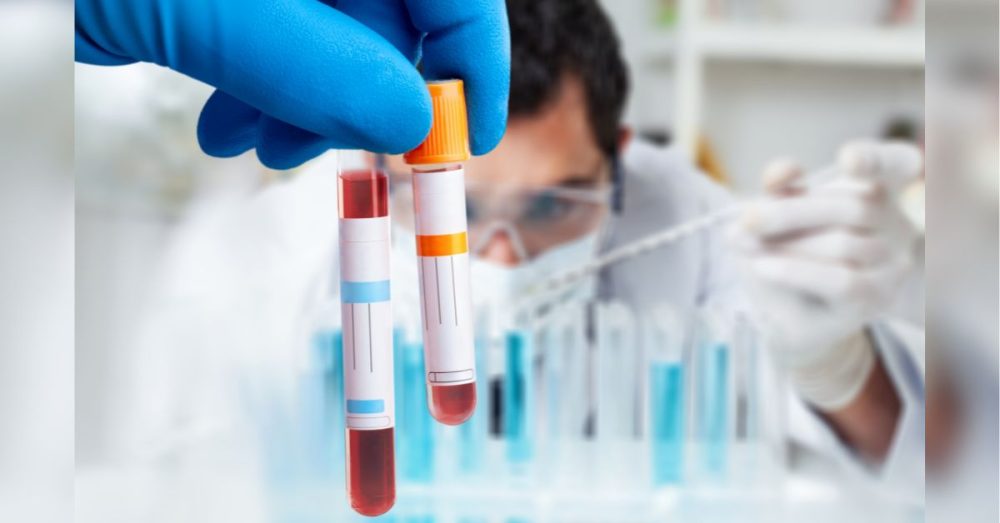Testing for a host of health problems is about to get a whole lot easier.
A simple blood test may be all it takes to determine if things like heart disease or colorectal cancer are lurking inside our bodies.
The Wall Street Journal reports on two new blood tests: one measures a protein linked to plaque that blocks arteries, and the other measures a type of cholesterol—each of which impacts heart disease.
Heart disease, the leading cause of death in the U.S., is largely preventable, with risk factors including poor diet, lack of exercise, obesity, and smoking. The Dallas Express has reported extensively on the epidemic of obesity and the many health problems that it causes.
“If I would have started more aggressively treating this 20 years ago, maybe I wouldn’t have any plaquing in my arteries at all,” Buddy Touchinsky, a chiropractor whose bad cholesterol crossed the high-risk threshold last year, told WSJ.
Business Insider reports on another blood test that may help detect colorectal cancer without a patient having to suffer through the unpleasantness of a colonoscopy. Here’s the start of the story:
The Food and Drug Administration has approved a blood test as a primary screening tool for colorectal cancer, opening the door for more people to get tested without paying hundreds of dollars out of pocket.
Known as Shield, the blood test is produced by the biotech company Guardant Health. Although the screening tool has been commercially available since 2022, patients often faced an out-of-pocket cost of $900.
The test is the first of its kind to receive FDA approval, which could prompt easier access for more patients, since Medicare and insurance companies are more likely to cover it.
The test can be completed via a blood draw at a routine medical exam, making it less invasive than a colonoscopy.
It works by detecting signals of cancer in the blood, such as DNA shed by tumors, according to the Guardant fact sheet. However, it’s more effective at flagging later-stage cancer.
While it’s not a substitute for other testing, as patients will still need a colonoscopy to confirm a diagnosis, it could help close the gap between patients who could benefit from screening and those who actually complete the recommended tests.


